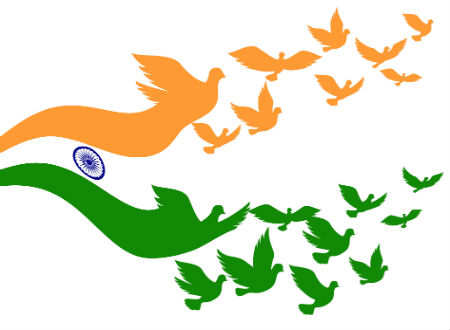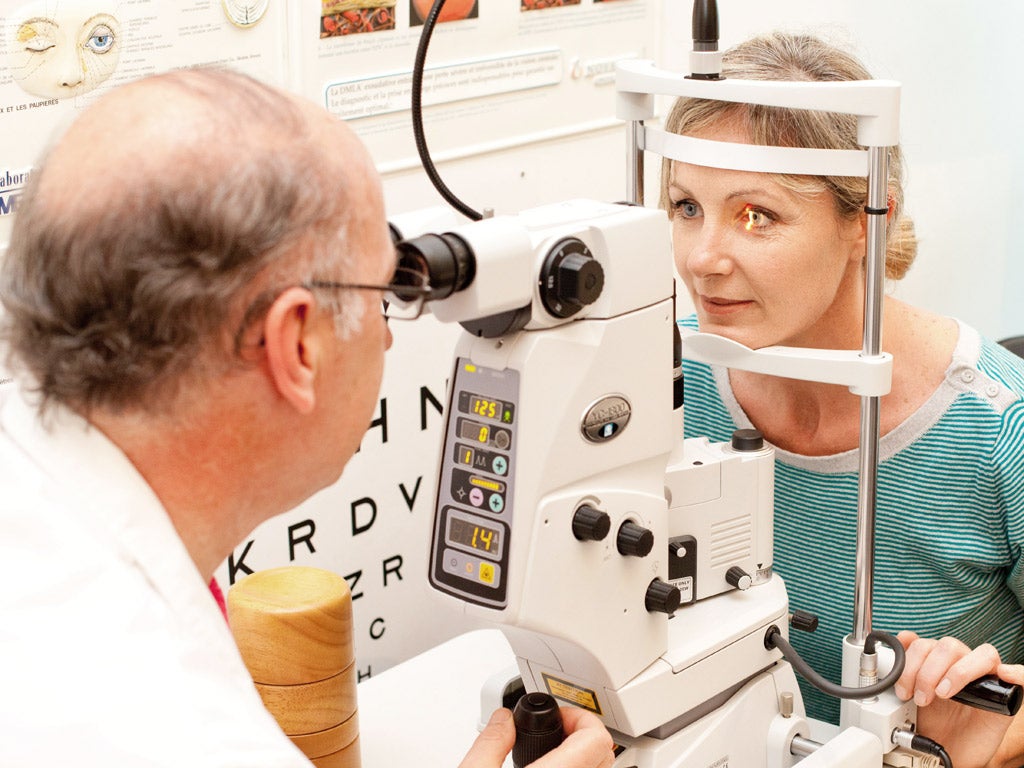Health & fitness
Dengue Symptoms: Early signs of Dengue fever and its prevention

The National Capital is again in the middle of a Dengue crisis. Millions of people are inflicted by the deadly dengue fever every year and there is no sign of its abatement. When such a raging issue accosts us every year, we definitely need to take some proactive measures to control the situation.
Dengue fever is a mosquito borne viral infection that has flu like symptoms which can also be fatal in some cases.
Dengue is transmitted by the bite of an Aedes mosquito which is infected by the virus and cannot be transmitted from one person to another.
Knowing the symptoms of dengue fever is important as this can help in getting the right medical attention and can be crucial is saving lives!
Dengue virus causes a high fever which can go up to 104 F degrees. But many people, especially teens and children may have very mild or no symptoms during a mild dengue fever. Symptoms occur four to seven days after you have been bitten by the mosquito.
Some very common symptoms of dengue are.
– Constant headache
– Pain in the bones, joint and muscles
– Feeling of nausea or vomiting
– Swollen glands- Rashes all over body
– Pain behind the eyes
Eating healthy and drinking lots of fluid can help one recover fast.
Though most people affected by the dengue fever recover within a week or two but in some cases the symptoms worsen and become life-threatening.
In severe cases, blood vessels become leaky and damaged as the number of platelets drop. This severe form of dengue is called dengue haemorrhagic fever or dengue shock syndrome.
Dengue shock syndrome needs immediate medical attention as it can be life-threatening.
Symptoms of dengue shock syndrome are:
– Difficulty in breathing or rapid breathing
– Clammy or cold skin
– Constant irritability and restlessness
– Bruise due to bleeding under the skin
– Blood in vomit, stool or urine.
– Severe abdominal pain and persistent vomiting.
– Bleeding from gums and nose.
– Fatigue
If you or anyone you know faces these symptoms he/she must be rushed to the hospital immediately.
What can be done
A dengue fever vaccine named Dengvaxia is currently approved for the people between the age of 9 to 45 who live in areas with a high incidence of dengue fever. The vaccine is given in three doses over a period of 12 months. The vaccine is said to prevent dengue fever more than half of the times.
But the World Health Organisation says that the vaccine is not an effective tool alone, to reduce dengue fever cases. Controlling mosquito population and human exposure to them is the most important part of dengue prevention.
Prevention
Stay indoors
Avoid going outdoors in the daytime as the dengue mosquito is most active from dawn to dusk. Though recent studies say it can also bite at night.
Cover yourself
Covering yourself fully so that the mosquito cannot bite you is one of the easiest and safest options. Wear full sleeve t-shirt, trousers, socks and shoes.
Use mosquito repellent
Use mosquito repellent with at least 10 per cent DEET in it. Use bed netting while sleeping.







